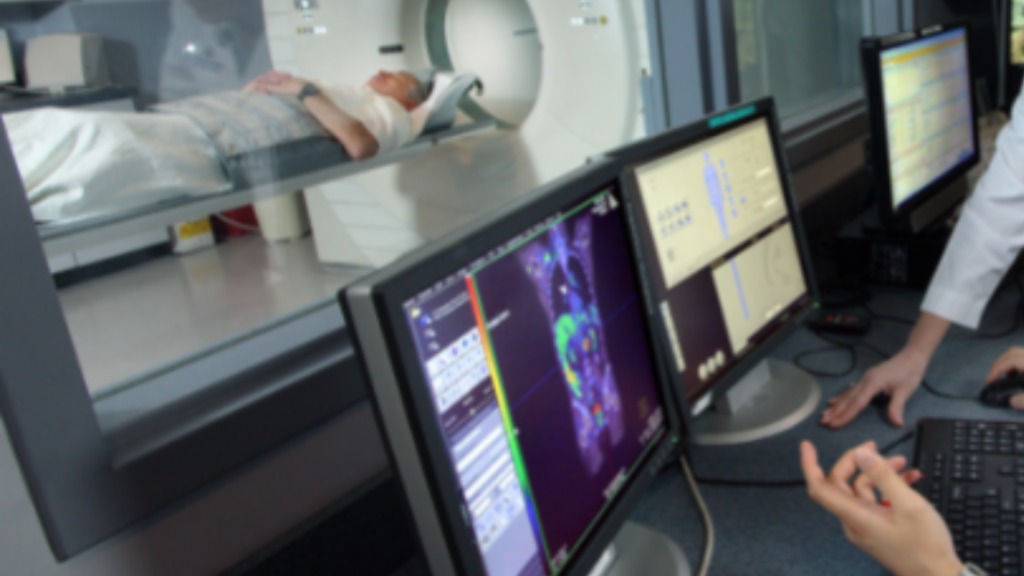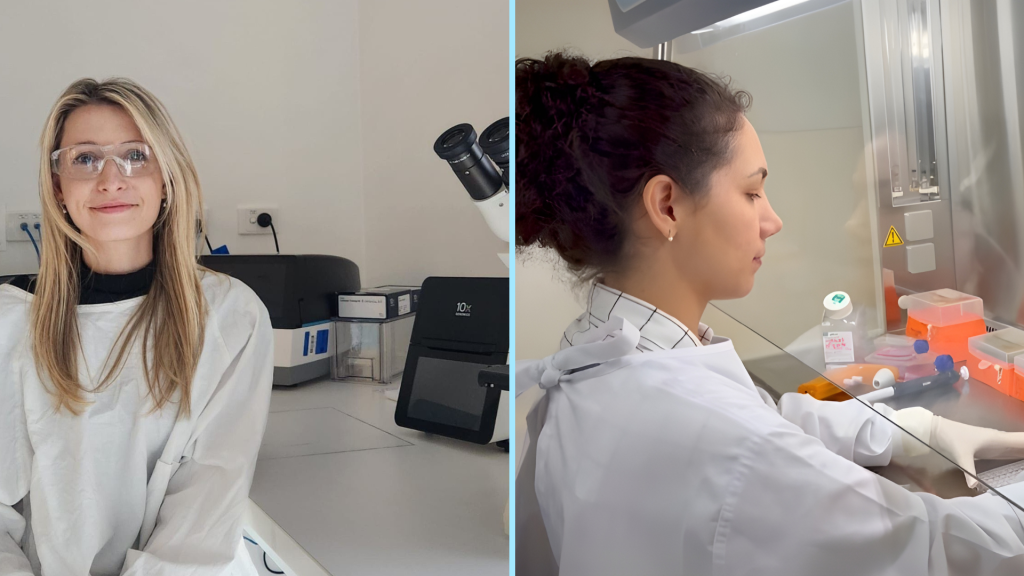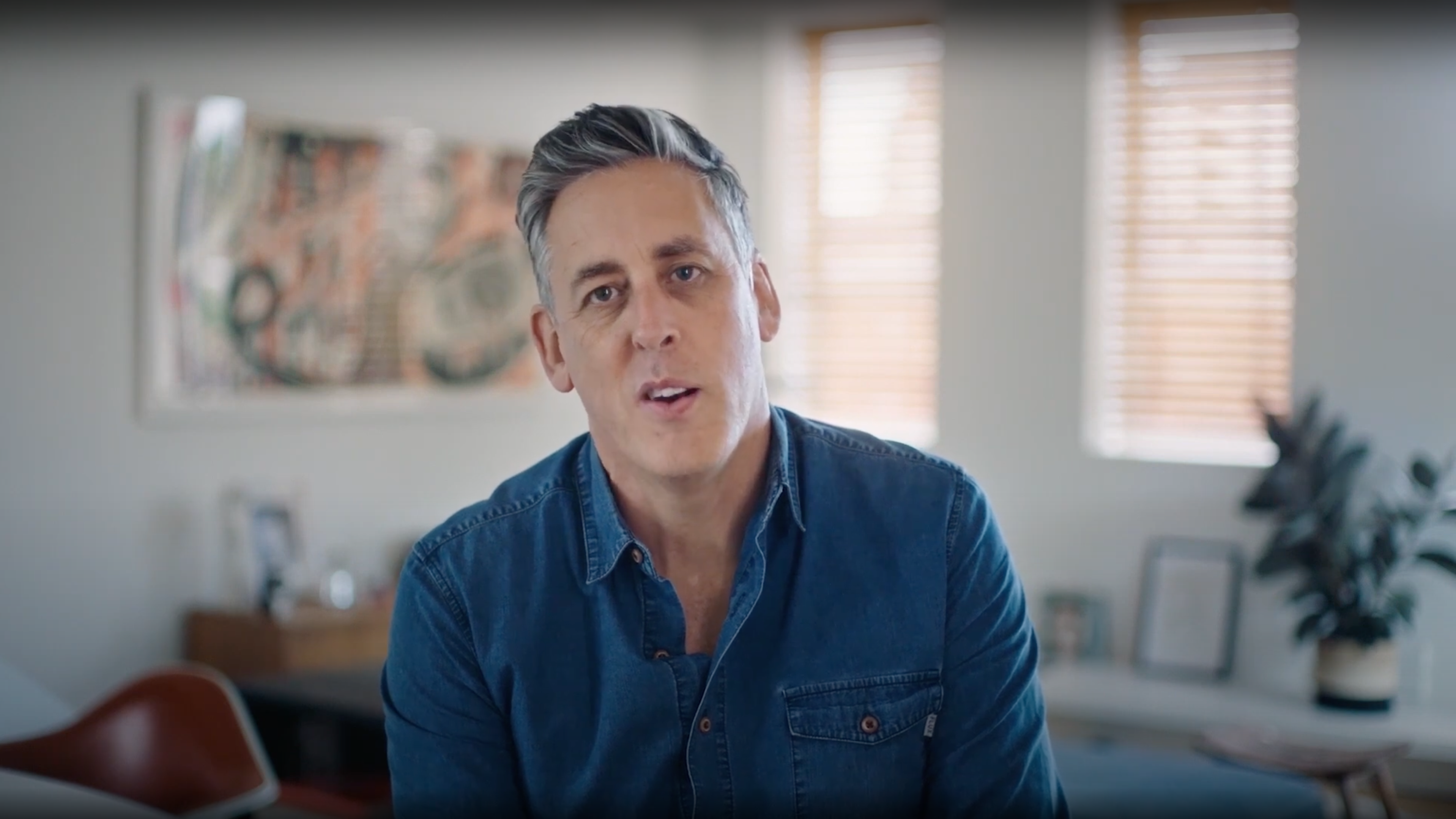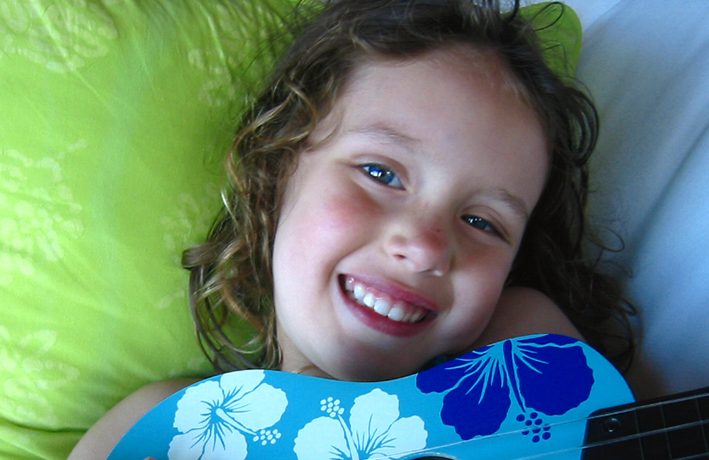At Snowdome, we are committed to raising funds for blood cancer research.
We collaborate with world-leading Australian and international blood cancer
researchers to accelerate new therapies and bring next-generation treatments to
Australian blood cancer patients faster.
We are the only not-for-profit organisation exclusively focused on raising funds to
support translational research into blood cancers: myeloma, lymphoma and leukaemia,
research that takes basic scientific findings to create new treatments.
Our Founders
In 2009, Dr John Tandy received the devastating news that he had myeloma, an incurable blood cancer. At the time, life expectancy for a myeloma diagnosis was no more than a few years.
When Rob Tandy received his father’s news, just four weeks after the birth of his own son, he was determined to do what he could to ensure that his children would have the opportunity to create precious memories with their grandfather. The idea of what was to become the Snowdome Foundation, was planted.
Within a matter of months, Rob approached Professor Miles Prince AM, a leading Australian haematologist, determined to help Australian blood cancer patients access life-changing treatments sooner.
Miles in turn met Grant Rutherford, an internationally recognised advertising creative who just lost his precious Chloe to leukaemia in 2009, the same year as John’s diagnosis. Chloe was just nine years of age.
Driven by a desire to find a cure for blood cancer through medical research, and to spare other families of the same heartache, Rob, Grant and Miles went on to establish the Snowdome Foundation.
Snowdome is committed to raising funds to support translational research into blood cancers: myeloma, lymphoma and leukaemia. Research that uses basic scientific findings to accelerate new therapies and bring next-generation treatments to Australian blood cancer patients faster, helping them live longer, better lives.
We are proud to have funded an extensive number of research projects and positions, enabling thousands of patients to access clinical trials, and to have supported some of Australia’s most exceptional researchers and clinicians in advancing diagnostic tools and treatments for blood cancer.
Today, through this work, the life expectancy of blood cancer diagnosis is far greater. Sadly, Dr John Tandy passed away in 2022. However, his original prognosis of just 3 years, became 13 years. Those precious years enabled him to see all his children marry and to welcome nine grandchildren, creating precious memories with all of them.

Our Challenge
Blood is essential in maintaining life. Our blood performs many functions including transporting oxygen, nutrients and hormones around the body, in addition to carrying white cells and antibodies to fight infection. When the normal blood cell development process is interrupted by the uncontrolled growth of abnormal types of blood cells, blood cancers can develop. This affects the production and performance of our blood cells with rogue blood cells accumulating in the glands, marrow and organs in our body, resulting in infections, fatigue and bleeding. This can lead to death.
There are three main types of blood cancers; lymphoma, myeloma and leukaemia and they are a significant priority for Australia.
Blood cancers are the second most diagnosed cancer, and the third biggest cause of cancer deaths in Australia. In 2023, it was estimated that more than 19,500* people would be newly diagnosed with a blood cancer, accounting for 12 per cent of all cancer cases.*
This is the equivalent of 53 people per day or one person every 27 minutes.
Alarmingly, the incidence continues to grow, increasing by 47 per cent in the past decade.
There are no screening programmes or lifestyle changes that could reduce the risk of developing a blood cancer, and many are still considered incurable.
We need greater understanding through the support of translational research and clinical trials to discover new treatments and cures and accelerate patient access to new discoveries.
This is our challenge.
Our Achievements
Since establishment in 2010, Snowdome has committed more than $55 million to ground-breaking blood cancer research. We have funded 70 research projects, enabling over 101 funded, multi-year, research positions. Across Australia, we have enabled 2,522 patients to participate in clinical trials supported by Snowdome.
Through philanthropic funding, Snowdome helped establish the Wilson Centre for Blood Cancer Genomics at the Peter MacCallum Cancer Centre where over 6,200 genomic tests have been conducted, resulting in better diagnoses, treatment pathways and prognoses for patients.
With the rise of immunotherapies, Snowdome partnered with the Epworth Medical Foundation to build and launch the Epworth Centre for Immunotherapies and Snowdome Laboratories in March 2021. The first patient was treated in early 2023.
Over the years, we have proudly supported a rich diversity of innovative research projects in the quest to discover new and better diagnostic tools and treatments to help Australians living with blood cancer access next-generation treatments, faster.
Recognition and Awards

2022 Small Charity of the Year by the Third Sector Awards

2022 Volunteer of the Year by the Third Sector Awards for the incredible work of Geoff Nyssen

#348 Top 500 Financial Times High-Growth Companies in Asia-Pacific 2021

Finalists in the Charity Business category of the 2016 Victorian Telstra Business Awards
Latest News

Funding Extension Announced for World-First B-cell Lymphoma Research
Snowdome Foundation has committed to a further two years of funding for world-first research led by Dr Adrian Minson at the Peter MacCallum Cancer Centre, aimed at optimising immunotherapy for aggressive B-cell lymphomas.
Read more
Research Update: Inaugural Snowdome Haematology Fellowship
Research undertaken as part of the inaugural Snowdome Haematology Fellowship, awarded to Dr Josh Tobin in 2022 is set to have a transformative impact on frontline treatment for follicular lymphoma, offering more personalised, safer and effective treatment.
Read more
2025 Cannon Family Travel Grant Awardees
The Snowdome Foundation congratulates Dr Paniz Tavakoli and Dr Helen Cashman who have been announced as the 2025 Cannon Family Travel Grant recipients.
Read more


